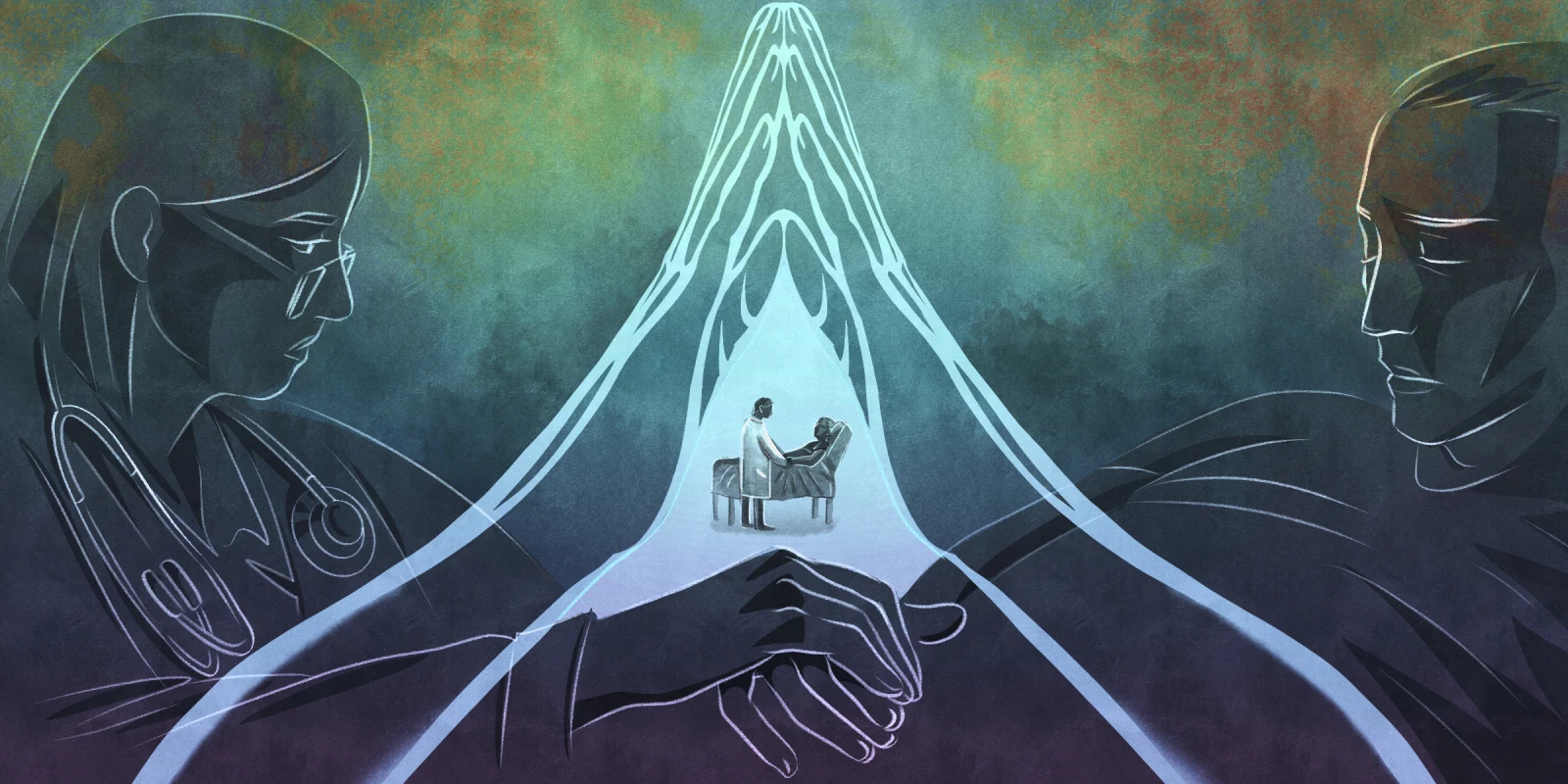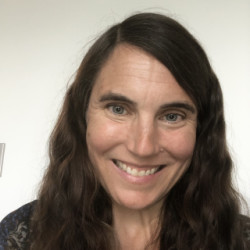It was my third and final time attending the mandatory second-grade parent retreat prior to my youngest child’s first confession. As in prior years, this meeting occurred in the dark days of fall in the after-work witching hours — just late enough that I could rage through soul-crushing Boston evening traffic and arrive in time, but not late enough that I could first go home, eat dinner, or see my children. The meeting was usually run by the parish education director, a well-meaning woman who focused on the great importance of our job as parents, admonishing us that no matter how important we thought our career jobs were, they were nothing compared with being parents. Having spent my day slogging through patients scheduled every 10 minutes and then battling traffic to arrive starving at a parent meeting, my main emotion was not self-importance. It was enormous resentment that this lecture about parenting was literally preventing me from parenting.
Suffice it to say, as I pulled up for my third go around, I did not have high expectations for a meaningful experience. Both my husband and I struggled with our decision to raise our children Catholic and all that it represents. Our desire to provide a sense of spirituality, of a whole greater than ourselves, and to follow the traditions of both our families was winning, but just barely. With our third child, it felt like truly a crawl to the finish.
In the three years since I last had a second grader, things had changed. The meeting was now led by the parish pastor who skipped over the importance of parenting — thank you — and jumped into reviewing common misconceptions that children have about confession.
“They think they need to confess things they did wrong that were accidents, like breaking a vase,” he explained. “But that’s not a sin because you didn’t mean to do it. That’s not something you need to confess.” In that instant, I experienced all the cliches — the light bulb, the a-ha moment. He looked right into my eyes as he said this, and it felt like he was seeing inside my soul.
I confess that I have felt the need to confess, to be cleansed in the aftermath of bad outcomes. We become doctors and caregivers because we want to help people, and yet we arrive fully unprepared and with no roadmap for the pain we feel when things go wrong. Obstetrics is supposed to be the happy specialty where things always go well. But when the goal is perfection — a perfectly healthy full-term baby and an emotionally and physically healthy and satisfying birth experience — there is going to be a lot of failure. Not all babies emerge from the birth experience healthy, and mothers have complications and trauma, both physical and emotional.
We are the specialty of if onlys and could haves. The late stillbirth could have been induced earlier, we could have done a C-section, we could have done the C-section earlier, we could have done the C-section better. Even the bad outcomes that have nothing to do with us, such as a genetic disorder or a congenital malformation diagnosed late in the pregnancy or after birth, carry this shroud — if only we could have found it earlier, maybe something could have been done differently.
The Catholic penitential act so beautifully captures this anguish, “I have sinned … in what I have done and in what I have failed to do.” How many times have I felt this, the pain of a surgical complication, what I have done, or the pain of wondering what I failed to do and whether could it have made a difference?
Incredibly, the priest then continued to describe more parallels: “People can become too focused on their behaviors and avoiding sin. This is called scrupulosity.” This was a new word for me, despite my Catholic upbringing. Scrupulosity comes from the Latin word scrupus, meaning sharp stone — think the feeling of a small pebble in your shoe and how it nags and distracts with every step. Like many things in life, scrupulosity is too much of a good thing. Having a conscience and caring about doing the right thing, i.e., having scruples or being scrupulous — good. Worrying too much about every little thing to the point of paralyzing guilt and self-doubt, scrupulosity — not good.
In surgery, worrying too much about making the wrong move can itself lead to complications. When our patients are in their darkest times, our worry and guilt about what we could have done differently can suck our focus and energy inward. And this prevents us from fully being with and caring for our patients in the moments they need us most.
The guilt and pain that clinicians feel over errors, complications, and bad outcomes is well documented, as are the tragic consequences, including suicide, that can occur if this pain is not healed. As I resentfully attended a meeting in a church about which I have deeply conflicted feelings, I was hearing something that I needed to hear perhaps more than anything else.
To quote one of my favorite songs by the singer/songwriter Kacey Musgraves, “Healing doesn’t happen in a straight line.” Learning and evolution don’t happen in straight lines either. Many life lessons need to be learned again and again; for example, that moments of meaning can sometimes happen in the most unlikely settings. Medical complications and bad outcomes are not sins. We did not do this on purpose. Sometimes, our moments of greatest pain can happen from failures in one of the most graceful acts we have — trying to help another human. And although we do not technically require confession, we do need forgiveness. Forgiving ourselves and accepting our fallibility and that of medicine itself will save us from the nagging stone. It will allow us to get up the next day and do it all over again in our imperfect way, in this imperfect world.
How have you learned to deal with the inherent limitations of medicine? Share your experiences in the comment section.
Dr. Jennifer Boyle is an ob/gyn in Boston, MA. She also works as a soccer coach and a cheer, hockey, and lacrosse mom. To stay sane, she runs, reads and bonds with her fourth baby, a labradoodle named Teddie. Dr. Boyle is a 2022-2023 Doximity Op-Med Fellow.
Illustration by April Brust







